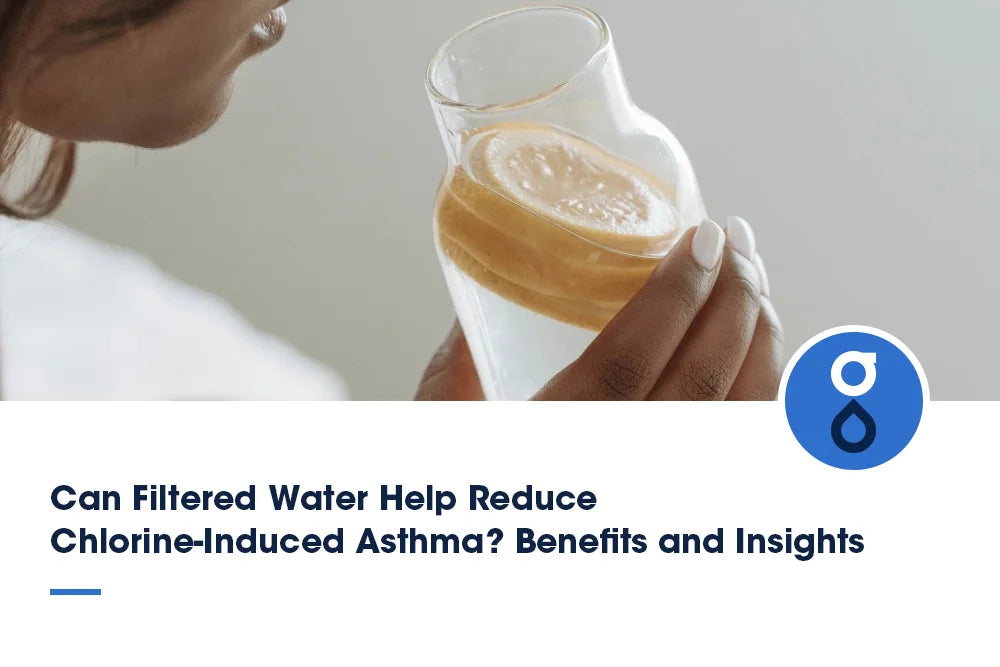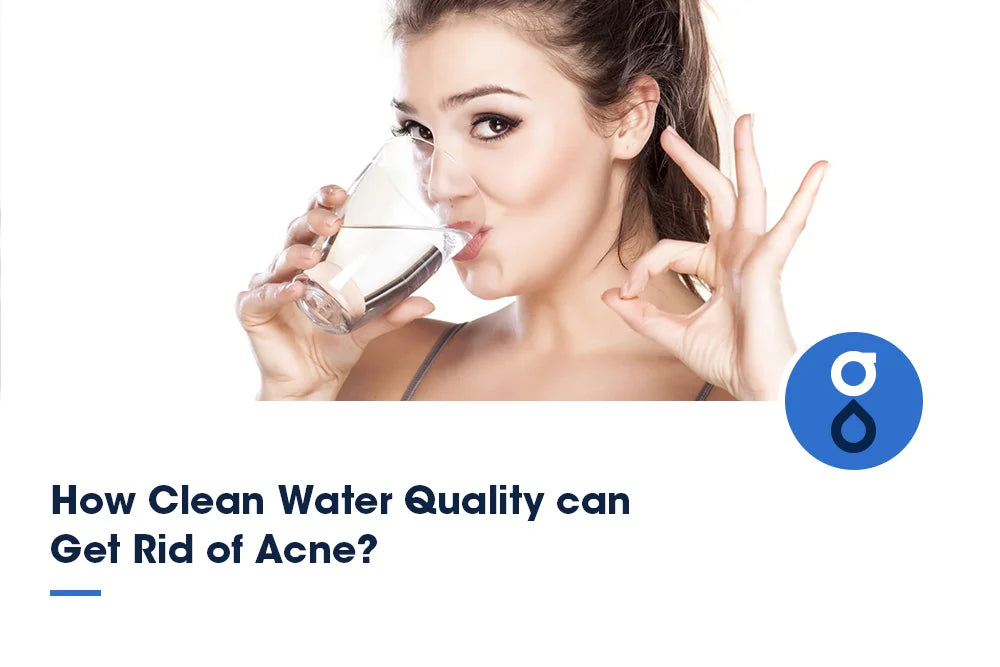Table of Contents:
Understanding waterborne viruses
What water filters can and cannot do
The effectiveness of reverse osmosis for viruses
UV filters: the best option for virus removal
Additional methods for virus removal
Choosing the right water filter for virus protection
Conclusion
Clean, safe drinking water is essential for good health, and many people turn to water filters to improve tap water quality. But with the growing concern over waterborne diseases, a crucial question arises: Do water filters remove viruses? While filters can effectively remove many contaminants, viruses are a different challenge. In this blog, we’ll break down the types of waterborne viruses, explore the effectiveness of different filtration methods, and help you choose the right system for virus removal.
Understanding waterborne viruses

Waterborne viruses are pathogens that can contaminate drinking water and cause a range of illnesses. Common waterborne viruses include norovirus, rotavirus, and hepatitis A. These viruses typically spread through fecal contamination and can be present in untreated and contaminated municipal or well water. When ingested, waterborne viruses can cause gastrointestinal illnesses, dehydration, and, in some cases, severe liver damage or other serious health conditions.
Unlike bacteria, viruses are much smaller and require a different approach to filtration. While bacteria can often be filtered out with certain systems, viruses can sometimes evade basic filtration processes if the system isn’t designed to target them specifically.
What water filters can and cannot do
Many people assume that all water filters remove viruses, but the truth is that most common filters are not designed to target viruses. Here’s what typical filters can and cannot do:
What filters can remove:
- Bacteria (e.g., E. coli, Salmonella)
- Protozoa (e.g., Giardia, Cryptosporidium)
- Chlorine and other chemicals
- Heavy metals (e.g., lead, mercury)
- Pesticides and VOC contaminants
What filters cannot remove:
- Viruses (unless the system is specifically designed for virus removal)
- Some nitrate compounds and fluoride (depending on the system)
The effectiveness of reverse osmosis for viruses
Reverse osmosis is often considered one of the most reliable methods for improving water quality, but how effectively is it removing viruses?
How reverse osmosis works:
Reverse osmosis systems force water through a semipermeable membrane that removes contaminants. The pore size of these membranes is typically around 0.0001 microns, much smaller than most bacteria and viruses. This means many viruses, including norovirus and hepatitis A, are too large to pass through the membrane, making RO systems an effective choice for virus removal.
However, there are some important considerations:
- System quality: An RO system's effectiveness depends on the membrane's quality. Some lower-quality membranes might not be as effective at virus removal.
- Maintenance: Over time, membranes can degrade or become clogged, reducing their ability to filter out viruses.
- Pre-treatment: Some systems may require additional pre-treatment (e.g., UV light or activated carbon filters) to maximize their virus removal capabilities.
UV filters: the best option for virus removal
If your primary concern is removing viruses from your water, UV filtration is one of the best options available. UV light works by disrupting the genetic material of viruses, preventing them from replicating and causing illness.
How UV filters work:
UV filters expose water to UV light at a specific wavelength, effectively inactivating viruses, bacteria, and other pathogens. The disinfection process happens almost instantly, making UV filtration one of the fastest methods for virus removal. UV filters are particularly effective for:
- Well water: Especially if your water source is contaminated with viruses or bacteria.
- Municipal water systems: When additional protection is needed in high-risk areas.
Important considerations for UV filters:
- Clear water: UV light works best with clear water. If your water is murky or contains suspended particles, the UV rays may not be able to penetrate the water effectively.
- Power source: UV filters require electricity to operate, so they may not be ideal in off-grid or emergency situations unless you have backup power.
Additional methods for virus removal
While filters like RO and UV are effective, there are other methods you can use to ensure your water is virus-free:
Boiling water:
- Boiling is one of the most effective ways to kill viruses. Bringing water to a boil for 1-3 minutes can destroy most viruses, bacteria, and other pathogens.
- Downside: Boiling water requires time and energy, which may not be practical for large quantities of water or daily use.
Chemical disinfection:
- Chlorine or iodine tablets are commonly used in emergencies to disinfect water. These chemicals kill most viruses but may alter the taste and can have health risks if used long-term.
Choosing the right water filter for virus protection
When it comes to protecting yourself from viruses in drinking water, not all filters are created equal. Here are a few tips to help you choose the right water filter:
- Look for certifications: Ensure your filter is certified for virus removal by reputable organizations, such as NSF/ANSI.
- Consider a multi-stage system: A combination of RO and UV filtration will provide the highest protection against physical and viral contaminants.
- Check the maintenance requirements: Ensure you can maintain your filtration system regularly to ensure its ongoing effectiveness.
Conclusion
While water filters can be highly effective at removing many common contaminants, viruses require specific filtration methods. Reverse osmosis systems and UV filters are among the best options for ensuring your water is free from harmful viruses. If you’re concerned about virus contamination in your water, investing in a high-quality filtration system that targets viruses is crucial for your health and safety.
Choose the right system based on your water quality, health risks, and convenience. With the right filtration system, you can have peace of mind knowing that your water is as safe and clean as possible. Follow Glacier Fresh to find more water filtration solutions.

















